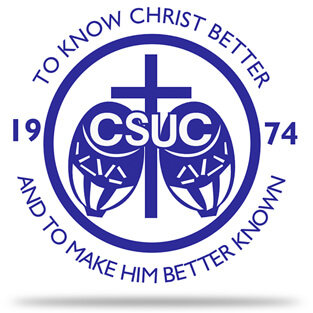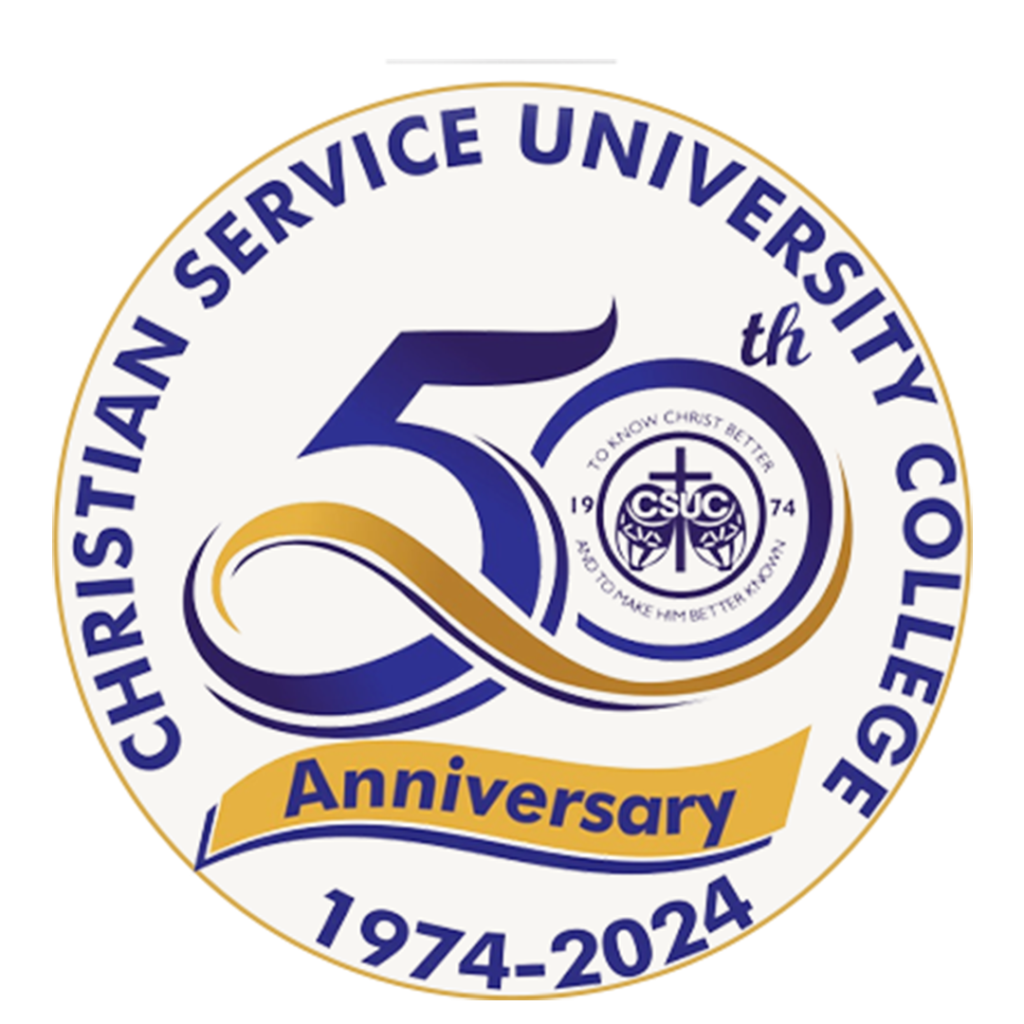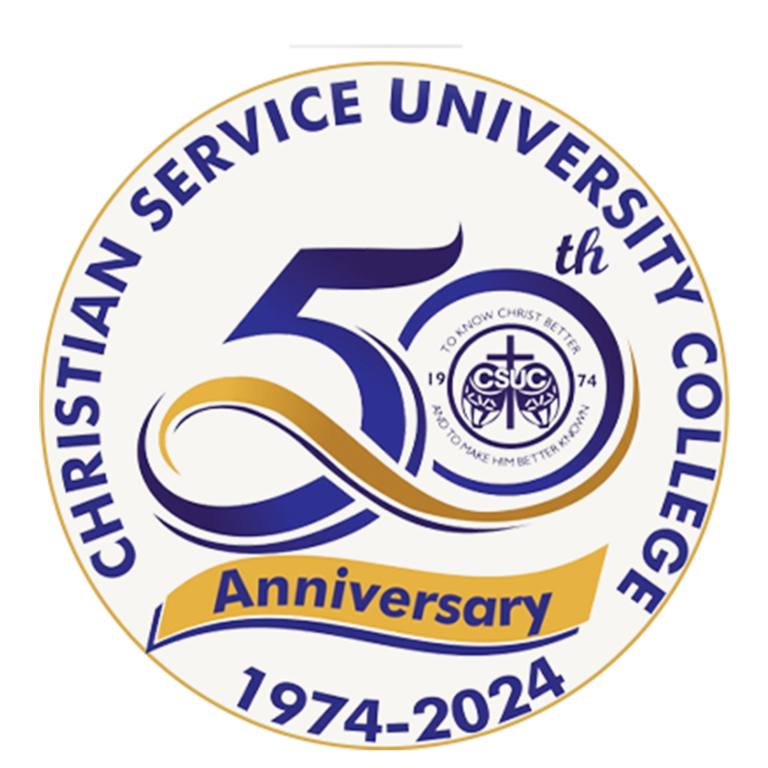FAKE CERTIFICATES: WHO WANTS THEM?
There is contention in some academic and industrial circles in Ghana, that our universities and other tertiary institutions of learning are not meeting the manpower needs of industries effectively in that a number of graduates produced by our institutions are ill-prepared for industry, albeit to put it mildly, almost like “square pegs in round holes.”
How do we explain the continuous hunger for certificates in a situation where white collar job opportunities continue to shrink? How do we explain why people will go to great lengths, including bribery, sexual favours and other corrupt practices just to acquire a certificate? I think the explanation might be quite simple.
Many employers employ people based on certificates rather than competence. And because business-minded people know there is a demand for certificates, they are manufacturing them left, right and centre. Some ingenious ones create systems and structures to legitimize the certificate for graduates and employers alike. They set up schools, colleges and even universities where certificates rather than skills are the focus. They are fake universities giving fake degrees. But how do you know the genuine from the fake? Let me give you a few tips. You know the certificate you are about to receive is fake when:
- You can earn the certificate without working for it.
Ideally certificates are meant to certify that the holder has acquired some skills. This means that if anyone is willing to give certificates without verifying acquisition of skills, then the certificates are not genuine. This includes those institutions that require little or no effort on the part of certificate holders to earn them. They just want you to fulfil some conditions to legitimize the process but no rigour is required. Anything you submit passes. The saying ‘’if the deal is too good think twice’’ applies here. This brings me to the second point.

- Nobody fails to get the certificate.
In responsible institutions you will hear of pass rates and dropout rates. If in its history, a higher education institution has a 100% pass rate and zero dropout rates, it should raise alarm bells. It’s a perfect example of a ‘’too good a deal’’ scenario. This is not to say that high pass rates are bad but that life is not that smooth for everyone. Exams should discriminate between candidates. This is why I will hold suspect an education system where everyone scores an A. life is not that uniform. It’s rugged and we know it. We are different and not everyone is cut out for everything. In my university days we used to have something called supplementary exams which we nicknamed ‘’soup’’. We all worked hard to avoid having to be invited for soup. And if you failed soups you were discounted which we promptly baptised ‘’disco’’. It’s unlikely that none of the current generation is disco material. If there seems to be no consequences for poor performance in institution of higher learning, seriously suspect fake certificate in the offing.
- There are no checks and balances to ensure accountability and credibility.
Well, if no one fails, there is not much need for checks and balances to ensure accountability and credibility. Instead everyone is a law unto themselves. Every teacher decides what, when and how to teach and grade. I know universities lay claim to something called academic freedom and institutional autonomy, which basically means that academics should not be constrained by rules and regulations. They should have the freedom to decide what should be taught and how it should be graded. I do not begrudge them that but in functional societies, freedom is never absolute. Absence structures and systems to provide the framework of the and how of teaching and learning could be strong indication of a degree mill: an institution that manufactures rather than awards certificates to deserving students.
- Grades can be easily altered; all you need is to sweet talk someone.
In the absence of quality control and quality assurance mechanisms, grades can be awarded for non-academic reasons. One can negotiate a grade in the corridors or at night tea parties. Grades awarded are not binding neither are they fixed. Lectures can change grades at drop of a heart without reference to anyone else. They just need to be ‘’sweet talked’’. This clearly indicates that certificates awarded by the institution, mean nothing!
- No examination procedures and regulations or they are sketchy and vague.
Finally, institutions that give fake certificates will ordinarily not have any examination procedures and if available they are sketchy and vague. They just meant to pull wool over our eyes. They will probably have no appeal system and if present, it will lack clarity and hardly provide time limitations. On the other hand it might it might provide so many exceptions that it remains a porous system. If a grade can easily be altered, for example, several years after it was first granted, it means there are opportunities for fraud especially if institutional memory is weak. Yes it’s true! The Christian Service University College certificate is not easily acquired; at times the system can appear painfully rigorous, slow and bureaucratic. The students are required to burn the mid-night oil before they can graduate but we have no apologies to make. As a result, employers can confidently take Christian Service University College’s certificate to the bank. They are real.
Processes for checking WASSCE results at the CSUC
– Applicants hoping to secure admission pay for the cost of confirmation of their results in advance as part of the fees.
– Results are extracted and put in the WAEC software for verification.
– CSUC receives the verified/ true copy of Wassce application results from WAEC.
– A panel, comprising of admissions and other competent personnel, does the cross-checking by comparing the true/ verified copy against the provisional results submitted by the applicants for admission.
– Culprits are invited for interview to determine the facts of the matter and they are consequently expelled from the University College when the Panel finds them guilty.
– Their names are published on white boards and at the CSUC Website.
Adapted from Daystar Connect and re-written by editor with input from CSUC Admissions Office under Registry


